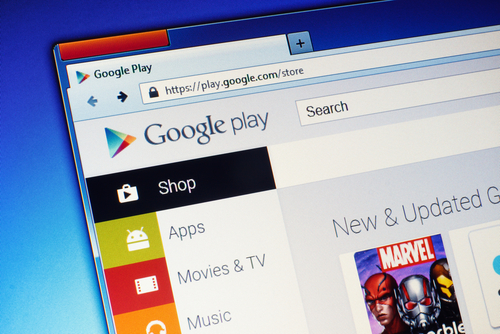
There probably was once a time when revolutionizing your business process meant shelling out big bucks. This is especially true when it comes to the technology world. It was expensive to even buy mid-range software packages. It was even more expensive to keep them running, and outside support meant even more costs.
But then, open source software started taking a larger bite out of the market shares. People started trusting these new free wares that they had previously associated with poor performance and assumed could not be supported by “professionals.” They imagined they were created in dark basements by suspect characters that still lived with their parents at age 40.
Now, it is a different story. Premium software manufacturers have found that free software not only perform as well as their products do, but in some cases are so much better adapted to specific tasks and business environments that they are giving them a run for their money.
Here, we will see such apps that your small business can use. You won’t have to pay exorbitant prices to run them. In rare instances, you may be asked to pay for a little extra in case you want more than the allowed number of users to work with them – but they will still be at a fraction of the cost you might expect with the premium application packages.
-
Google Docs
Google came up with Google Docs to allow its users to work with their office documents and spreadsheets without having to be held back by locations. With this suite of applications, your small business can do all of its “paperwork” online.
Your staff can work and collaborate on any document, spreadsheet or presentation from any device that connects to the internet: computers, tablets, or phones.
And if you’re worried that documents created using Google Docs are not editable using Microsoft’s Office suite, then you are mistaken: just save your documents on your device and work with them using MS Word, MS Excel or MS PowerPoint.
-
Evernote
In every business there will be a need for collaboration. Your staff should be able to coordinate their time and resources if they are going to move ahead. Miscommunication shouldn’t hold you back.
That is where Evernote comes in. This cloud application allows you to create and keep track of your notes, links, lists and photographs. Once stored, you can share them across various devices in your business. It helps you organize them for easier understanding and consumption.
You marketing department will be happy to throw their ads and graphics back and forth until they arrive at a refined solution. They won’t even have to be on the premises, they can access them on-the-go, from anywhere.
Evernote makes sure everyone is on the same page by automatically synching data and devices.
-
Google Forms
Have you ever had problems with creating a form that allows you to capture data from your visitors? Creating one from scratch is a tedious and time-consuming affair. And even then, you might find it not functioning well or it might look a bit tacky.
Well, you’re in luck: Google Forms is here to save the day.
Google Forms is part of the Google Docs suite of office tools that reside on Google Drive. It is being mentioned separately here, because we think it deserves its own space due to its unique functional characteristics.
When you use Google Forms, you get to create forms that are easy to setup, can be placed on any page on your website, can perform intricate logical calculations or analysis and can then be easily integrated with Google Spreadsheets for capturing data in the background.
A simple, good place to apply Google Forms would be in case you wanted to create a custom lead capture application. Your visitors can fill in their details and you will be able to capture it without any difficulty to use as a mailing list, for example.
-
Trello
Is your head spinning from having to keep track of multiple projects, or those many balls up in the air from just one project? Well, you can find peace of mind with Trello.
This app lets you keep track of different aspects of your business. It is a flexible project management tool that you can use to monitor the progress of things in real-time.
Should problems arise, you can contact the person responsible, work with them using checklists, labels and schedules to smooth things out.
-
Mint
Do you know that the days of hiring accountants to make sense of your budgets and finances are over? You don’t? Then you mustn’t have heard of Mint.
Mint taps into your financial data by linking up with your online bank account. Once in, it starts to analyze your income and expenditures. It manages your budget, keeps track of how you are using it and – over time – learns your habits.
In case of a new project, you can simply tell Mint what your budget is and receive notifications when you are nearing your limits. You can see the information in reports and graphs that are easy to understand. You will never lose track of your financial status because this application works in real-time.
Is there any extraordinary small business application you have used and think should be mentioned in this list? Please let us know.



















